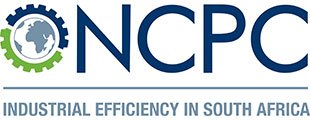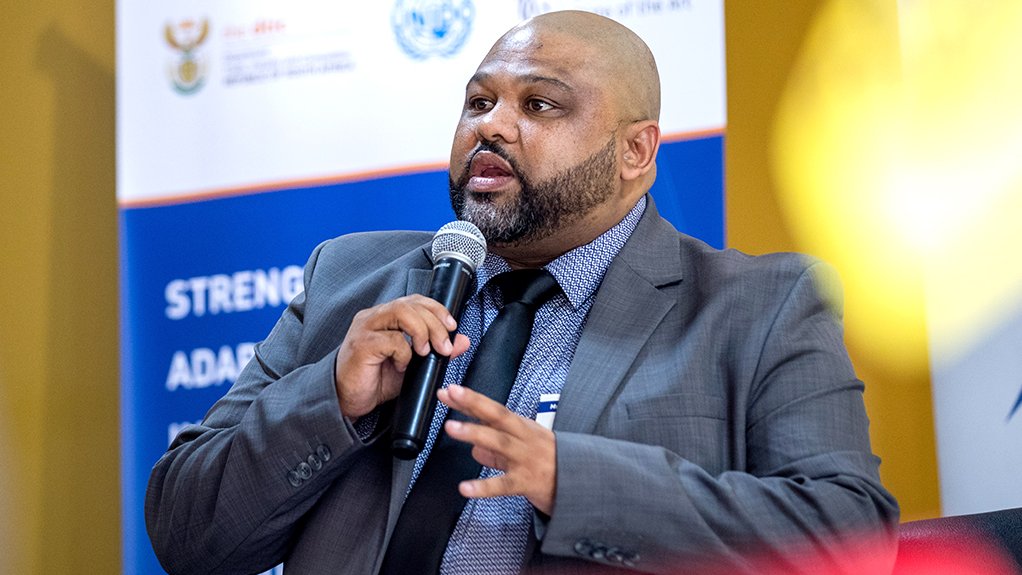

Project launched to fast-track energy, water transition


LEE-HENDOR RUITERSThe South African Industry Adaption (SAIA) project was launched last month to accelerate South African industry’s energy and water transition
The South African Industry Adaption (SAIA) project was launched last month to accelerate South African industry’s energy and water transition to a decarbonised, green and inclusive economy, as well as a vibrant job market.
SAIA is a collaboration between the governments of Flanders, and the United Nations Industrial Development Corporation (Unido).
As reported by Engineering News last month, Flanders is contributing R41-million to the project, following a proposal by Unido.
In the project, the National Cleaner Production Centre of South Africa (NCPC-SA) will be responsible for and focus on the private sector including individual enterprises, sectoral organisations and selected special economic zones.
NCPC-SA senior manager Lee-Hendor Ruiters says the project hopes to reach prospective respondents through Unido’s call for expressions of interest.
It also hopes to reach a range of industries to spark discussion regarding the adoption and role of industry in driving adaptation measures that create inclusive and sustainable industrial development and a resilient, low-carbon economy.
Ruiters explains that the collaboration between Flanders and Unido adds “a wealth of collective institutional knowledge and capacity” that will contribute significantly to ensuring that this project is presented and implemented at the highest professional and technical standards.
The NCPC-SA endorses many activities in a range of industries that speak to efficiency in energy, water, materials and waste.
“These activities include energy efficiency management in an ongoing systematic manner through the energy management systems approach.”
He adds that further activities also include industrial symbiosis to address excess raw materials, waste reduction and diverting waste from landfill sites.
Water efficiency management – through direct and detailed metering and monitoring, as well as regular checks for leaks and strict conservation, especially in extremely water-scare areas – is also being addressed.
Renewable energies, such as biogas and solar photovoltaic applications, are also addressed by the NCPC-SA, Ruiters enthuses.
In addition to the SAIA project, the NCPC-SA and Unido have also collaborated on several other projects.
The most significant of these collaborations has led to the implementation of the internationally recognised and award-winning Industrial Energy Efficiency Project that started in 2010, and the Global Eco-Industrial Parks Programme, launched at the end of 2020.
Ruiters points out that eco- industrial parks can enhance the environmental, as well as economic and social benefits, in such areas.
“Our programmes and skills development services provide industry with a range of options to receive subsidised technical expertise that identifies opportunities to save on resources and costs, additionally, building internal capacity to continue realising such savings in a sustainable manner,” he outlines.
Meanwhile, Ruiters says government has set clear targets that align with international practices and strategic directions to support the vision of a low-emission and climate-resilient development pathway.
Given the science that supports that temperatures are on an increasing trajectory, Ruiters stresses that global targets for a greener carbon neutral economy are realistic.
To drive the transition and achieve such targets, more projects, such as the SAIA project, in addition to the many ongoing mitigation interventions, should be implemented, Ruiters concludes.


